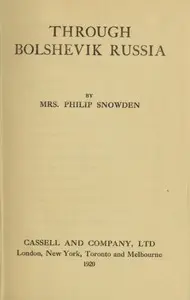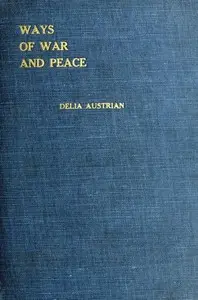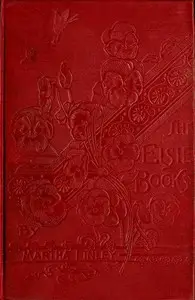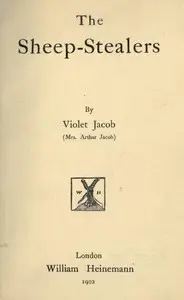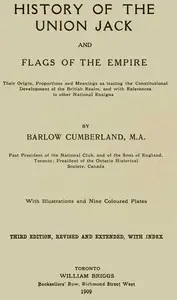"A Political Pilgrim in Europe" by Ethel Snowden is a chronicle of the author's journeys through Europe just after World War I, sharing her encounters with political figures and movements as she promotes peace and global unity. The story looks at ideas like believing in no war, socialism, and countries trying to get back on their feet after fighting, showing the author's dedication to helping people. She begins by explaining why she traveled, driven by a strong hope to repair the damage done by the war. The book shows the intense desire of British Labour Movement representatives to find common ground with others at a Socialist meeting soon after the war ended. She carefully notes the mood of hope mixed with the pain of a war-torn Europe. Snowden's account of the difficulties faced by national leaders and the important part played by the Socialist movement offers a thoughtful look at the politics of her day.
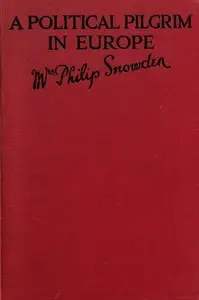
A political pilgrim in Europe
By Ethel Snowden
Witness a woman's journey through a war-torn continent as she champions peace and seeks to unite a divided world through political activism and socialist ideals.
Summary
About the AuthorEthel Snowden, Viscountess Snowden, was a British socialist, human rights activist, and feminist politician. From a middle-class background, she became a Christian Socialist through a radical preacher and initially promoted temperance and teetotalism in the slums of Liverpool. She aligned to the Fabian Society and later the Independent Labour Party, earning an income by lecturing in Britain and abroad. Snowden was one of the leading campaigners for women's suffrage before the First World War, then founding The Women's Peace Crusade to oppose the war and call for a negotiated peace. After a visit to the Soviet Union she developed a strong criticism of its system, which made her unpopular when relayed to the left-wing in Britain.
Ethel Snowden, Viscountess Snowden, was a British socialist, human rights activist, and feminist politician. From a middle-class background, she became a Christian Socialist through a radical preacher and initially promoted temperance and teetotalism in the slums of Liverpool. She aligned to the Fabian Society and later the Independent Labour Party, earning an income by lecturing in Britain and abroad. Snowden was one of the leading campaigners for women's suffrage before the First World War, then founding The Women's Peace Crusade to oppose the war and call for a negotiated peace. After a visit to the Soviet Union she developed a strong criticism of its system, which made her unpopular when relayed to the left-wing in Britain.



